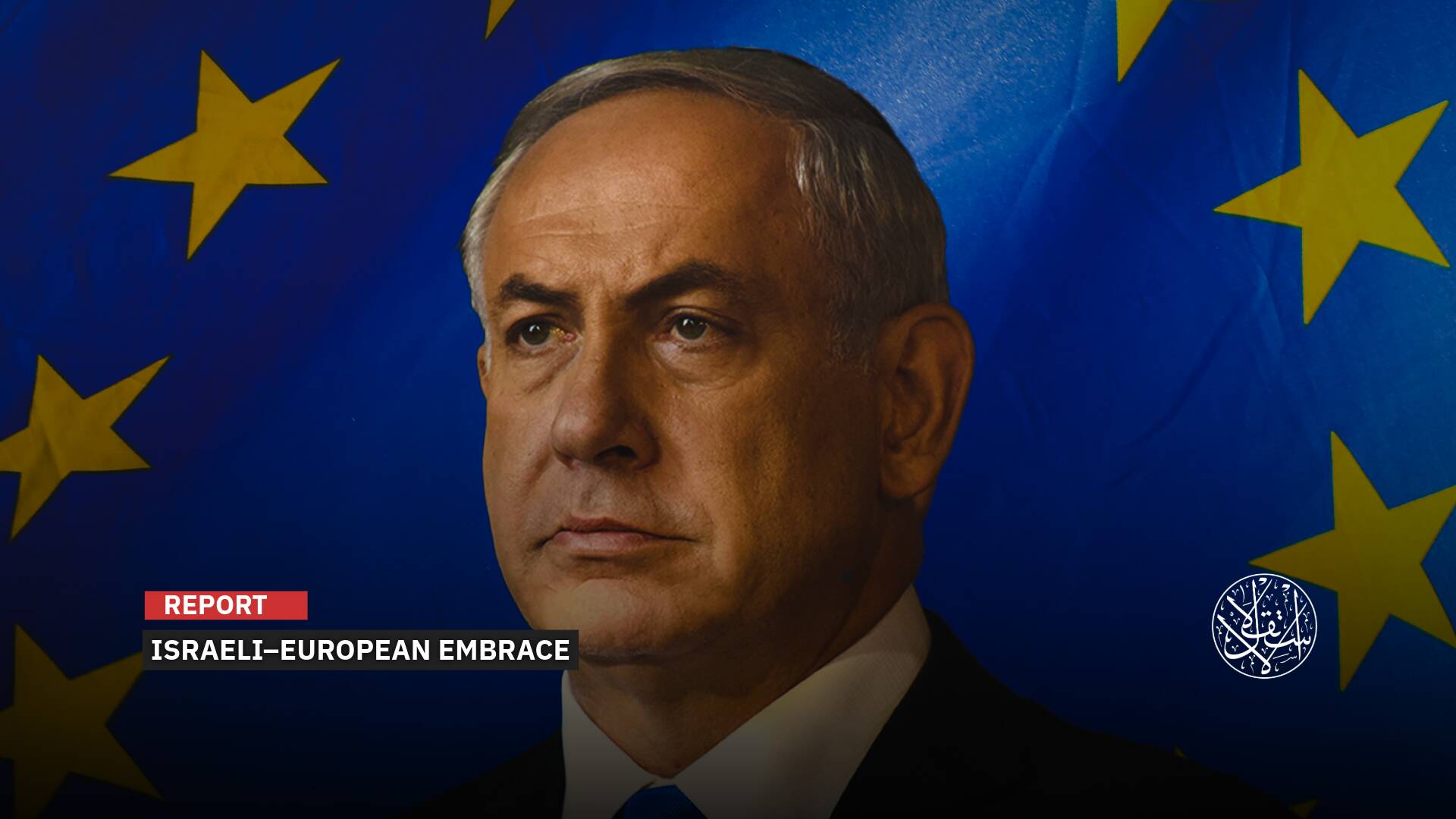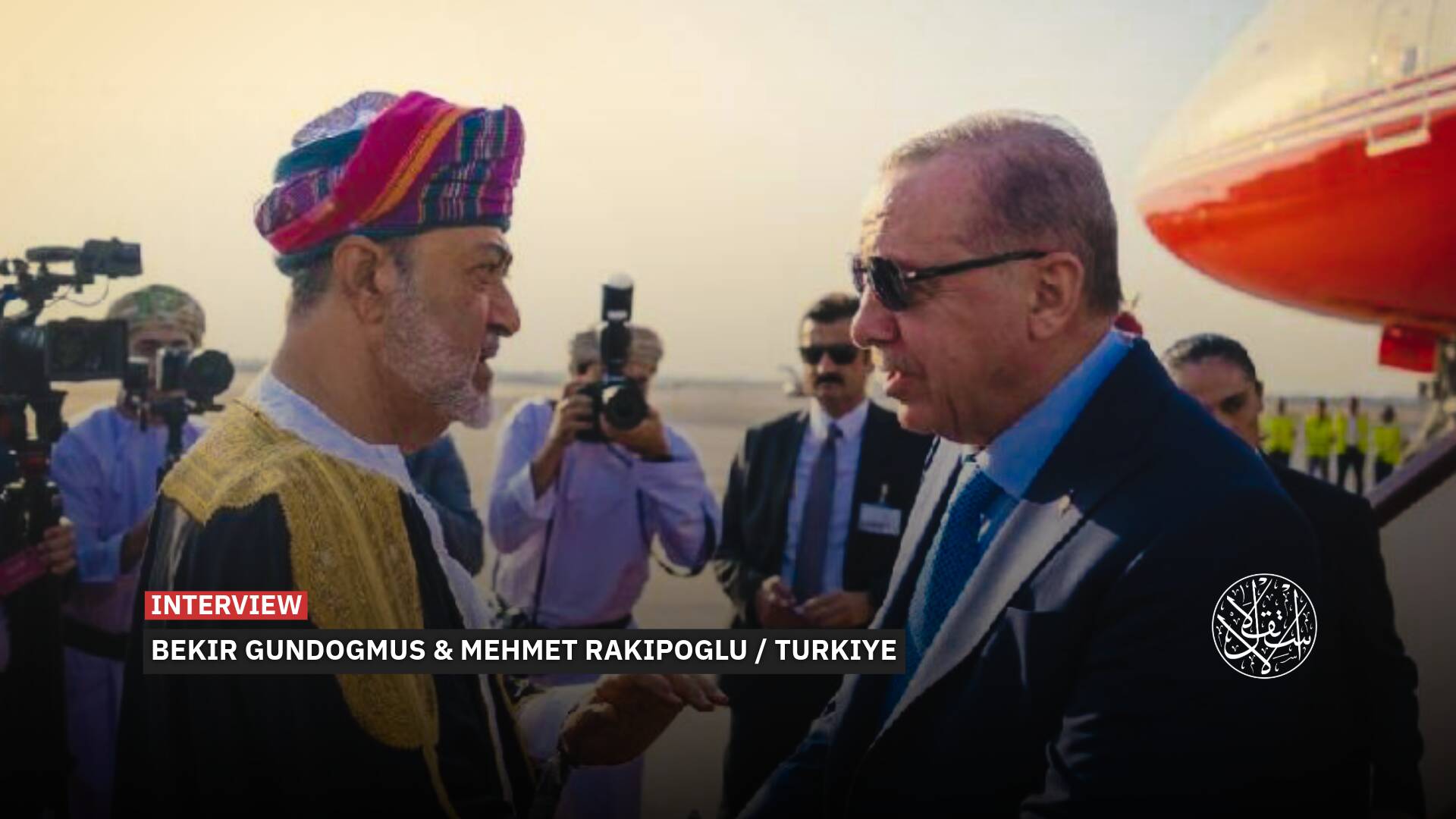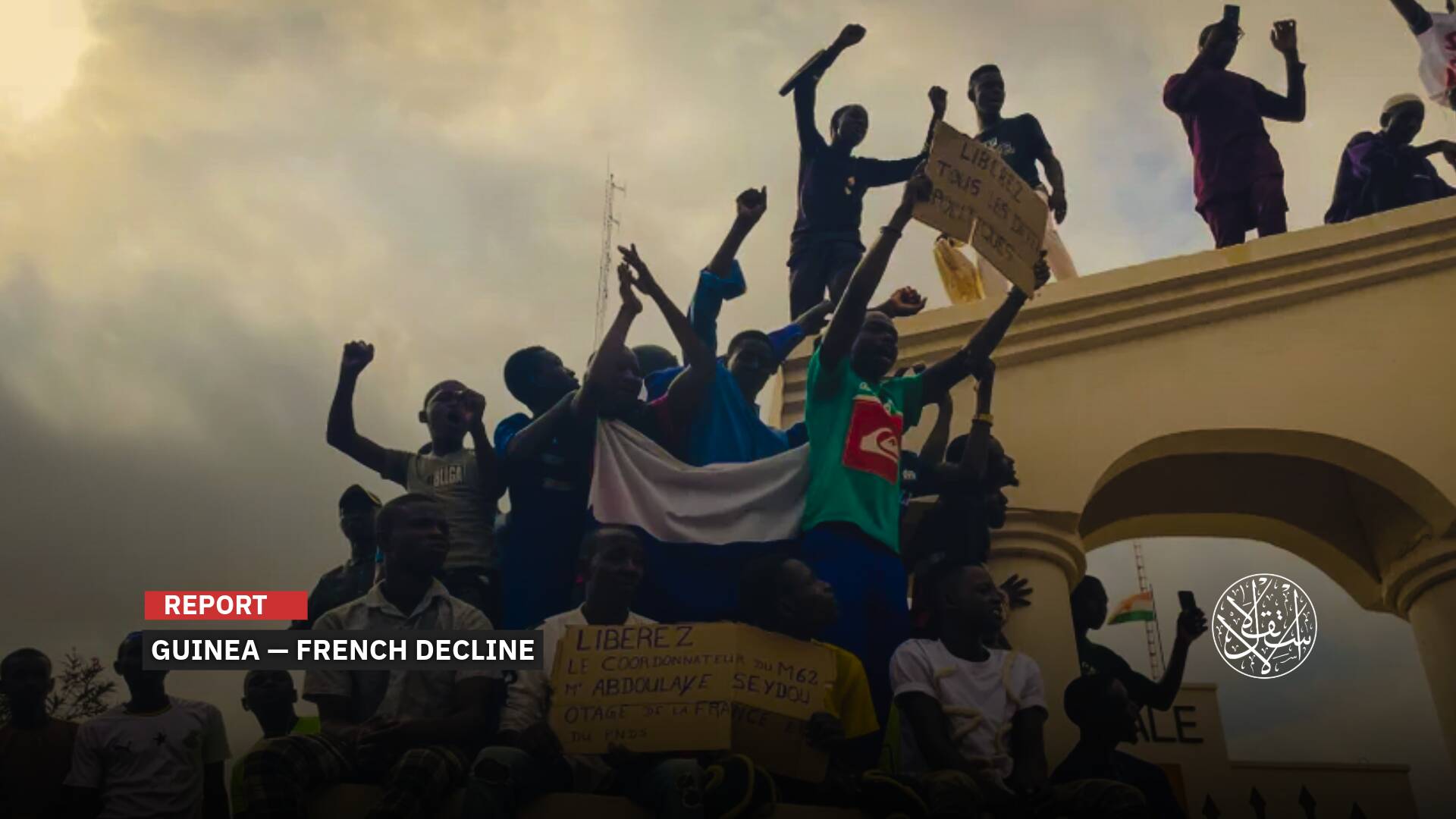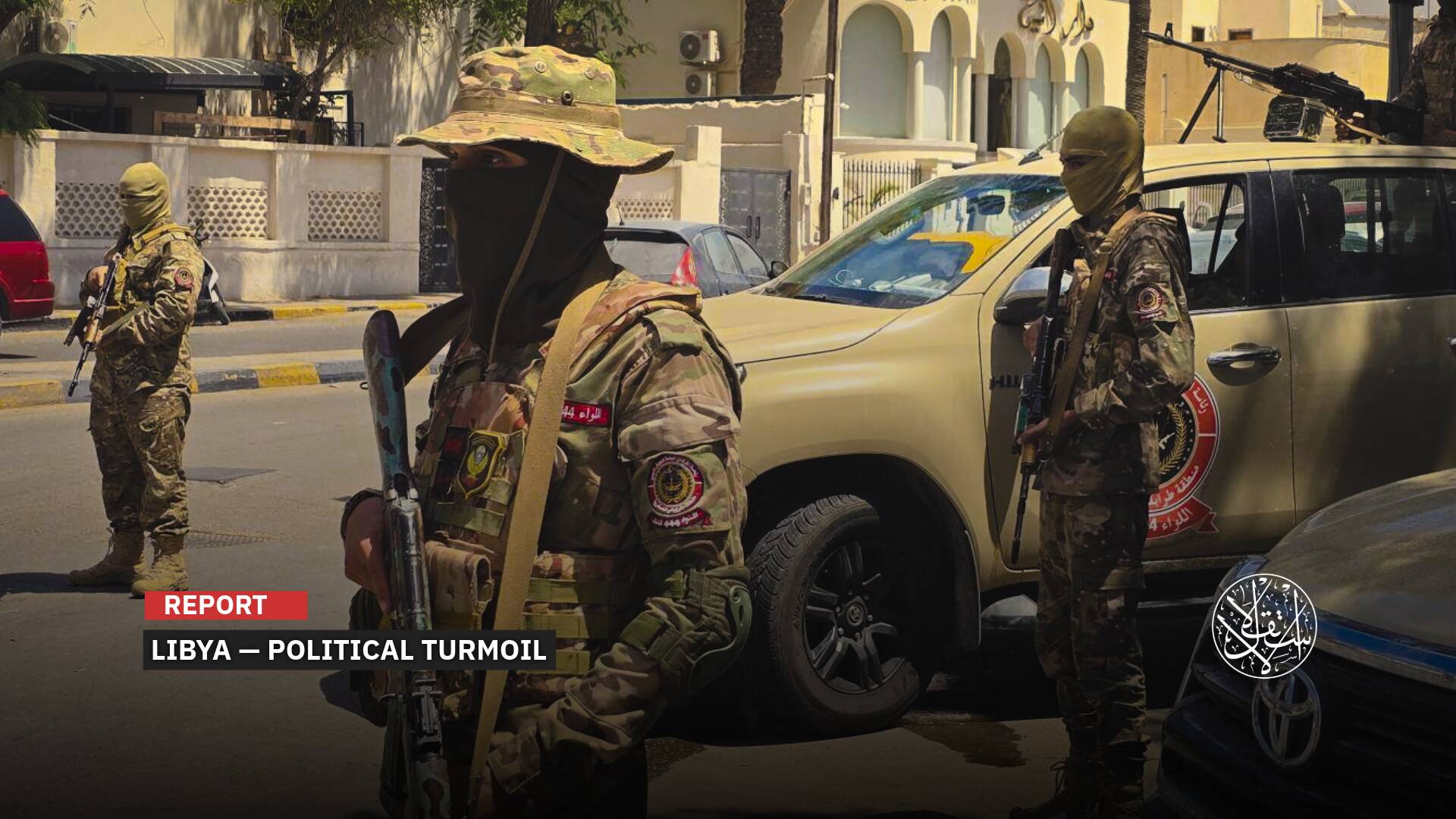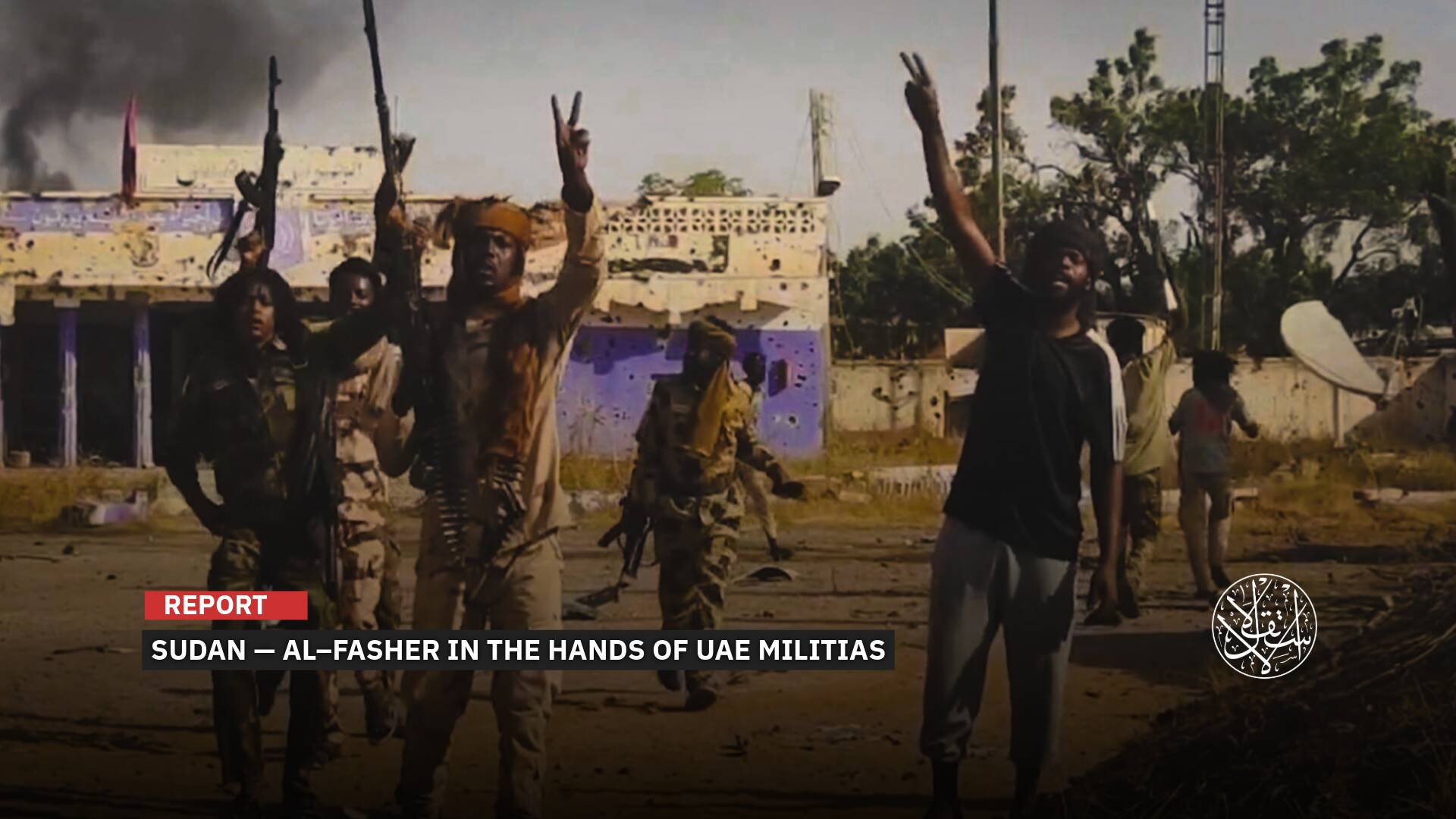How Did the International Press Deal With the Assassination of Shireen Abu Akleh?

Shireen Abu Akleh was assassinated on Wednesday morning, May 11, 2022, while covering the storming of the Jenin refugee camp in the West Bank, becoming the news and making Arab and international headlines.
With every news related to the Israeli occupation, attention is turned to the international press to monitor how it covers the event, most recently the assassination of Al Jazeera correspondent Shireen Abu Akleh, who was shot dead by the Israeli forces.
Some newspapers quoted the Israeli narrative, some of which considered her death by natural cause, but Shireen Abu Akleh’s killer remains anonymous in the coverage of a large part of the Western newspapers.
“Fox News." That’s it. That’s the tweet. pic.twitter.com/6r4QRb2P5N
— Halim Shebaya (حليم شبيعة) (@halimshebaya) May 11, 2022
Global Negligence
The British newspaper The Guardian considered that Al Jazeera is the one who accuses Israel of the killing of Shireen Abu Akleh, the main headline of the news was "Al Jazeera accuses Israeli forces of killing a journalist in the West Bank."
In the news, the newspaper published the Israeli view that Palestinian gunmen killed Abu Akleh. The report said: "The Israeli army said that its forces returned fire after coming under heavy fire in Jenin and that there was a possibility that the journalists might have been injured by Palestinian gunmen."
Fox News also reported that Shireen Abu Akleh had been killed without using the term "murdered," only using "died."
Its report said: "Al Jazeera reporter died after clashes in the West Bank."
CNN used the term “killed,” stating that Abu Akleh was covering the occupation army's military operation in Jenin, but the perpetrator remained unknown.
The title of the story reads: "Al Jazeera journalist Shireen Abu Akleh was shot dead while covering the Israeli military operation in the West Bank."
The BBC, Wall Street Journal, and CBC News, all used the term "killed," in their story about Shireen Abu Akleh, but remained in the form of an absent perpetrator, and all were keen to publish the Israeli version claiming the killing of "Abu Akleh" by Palestinian gunmen.
No Exceptions
In its first coverage following her murder, New York Times, known for defending freedoms and human rights, published a report which began in its first opening paragraphs referring to the circumstances of the shooting as "unclear," in an attempt to show that Abu Akleh is "a victim of an exchange of fire between Palestinian gunmen and the occupation army.”
But in a second coverage, the newspaper published a second more comprehensive report and seemed "sympathetic" to the assassination of Abu Akleh, recalling her positions in covering the atrocities of the occupation since 2000.
However, the second report preferred to use continuous "neutrality" and present the Israeli side's account in front of what Al Jazeera called the Israeli occupation's "accusation" of the assassination of Shireen Abu Akleh.
British newspaper The Telegraph was not so different from its American counterpart, "The circumstances surrounding the martyrdom of Shireen Abu Akleh remain unclear amid the exchange of accusations between the Palestinian and Israeli parties," The Telegraph reported the incident, and quoted the Palestinian and Israeli versions in its report.
It referred to the call of the occupying army for a joint investigation to reach the perpetrator of the deadly bullet.
At the end of the report, it explained why the Israeli invasion of Jenin camp was the result of what the Telegraph called "deadly attacks by people from the camp against Israeli civilians."
Fixed it for you, @nytimes.
— JVP #SaveMasaferYatta (@jvplive) May 11, 2022
Shireen Abu Akleh dedicated her life to exposing Israeli military violence in a hostile, biased media landscape that reports Israel’s lies as facts and erases Palestinians’ truths — now, including the truth of her own assassination.
Do. Better. NOW. pic.twitter.com/isEzwt8qxU
The British newspaper The Independent regrets the journalist's death in the midst of the conflict that it has tried to cover hard for nearly three decades, but the coverage did not mention the responsibility of the Israeli army for her death.
It also did not look at the fact that she was in her entire press uniform, and it merely blamed the fire exchange anonymously, pending the investigation called by the Israeli government, the United States, and Britain.
In other coverage, The Independent referred to the Israeli version that Israeli army soldiers had been heavily attacked by Palestinian militants and returned fire at Palestinians.
Western Complicity
British journalist David Hearst wrote an article in Middle East Eye titled Shireen Abu Akleh killing: The West cannot wash away the stain of complicity.
According to Hearst, the west claims to be defending democracy and free speech in its fights with enemies but it is cynically silent about the transgressions of its allies.
“The stain that arises from looking the other way will not be washed away with time. It’s indelible,” Hearst wrote.
“Abu Akleh sacrificed her life to show the world what is really going on, and she is by no means alone. There are other brave Palestinian women doing the same thing. Their work is a stain on the conscience of a western world that apes moral values when it suits it and discards them down a collective waste disposal unit when it does not,” he added.
One US secretary of state after another, be they a brazen right-winger or a hand-wringing liberal, is just as culpable in Abu Akleh’s killing as the sniper whose finger was on the trigger.
“But Israel needs international cover to continue doing this, and it is willingly provided by the very countries fighting Russia with such moral certainty in the righteousness of their actions,” Hearst noted.
These include the US and the UK, which just 24 hours ago announced its intention during the Queen’s Speech to pass legislation banning local councils and other public bodies from participating in boycott and divestment campaigns—the principal target of which is the Palestinian BDS movement.
“We ban boycotts, ban non-violent action, and provide cover when Israeli snipers kill journalists deliberately, there could be no brighter green light given to Israel to continue what it is doing,” he concluded.
Sources
- 'Neutrality' with the taste of bias. How did the international press deal with the assassination of Shireen Abu Akleh? [Arabic]
- Shireen Abu Akleh killing: The West cannot wash away the stain of complicity
- 'Killed and not dead'! The New York Times changed its address. How did the international press deal with the killing of Shireen Abu Akleh? [Arabic]




